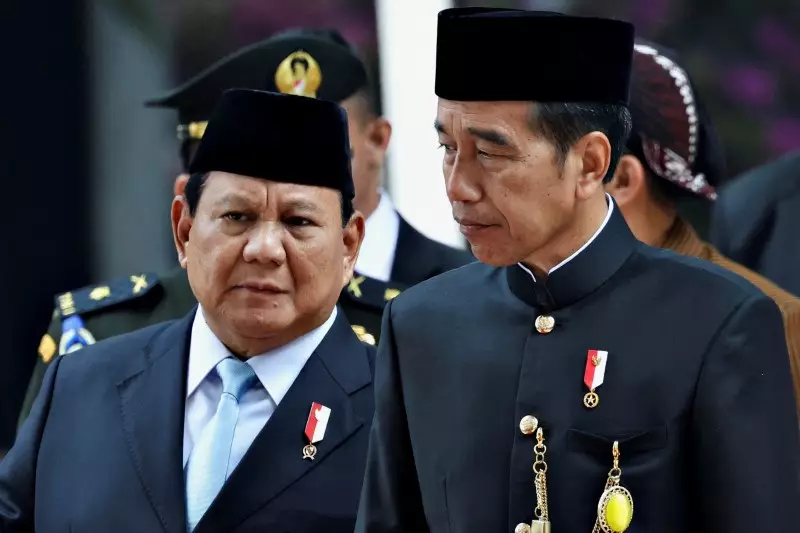Indonesia’s outgoing government recently submitted a 2025 budget plan to parliament, signaling a commitment to maintaining fiscal prudence under the next president. The budget proposal, prepared by ministers under outgoing President Joko Widodo and president-elect Prabowo Subianto’s economic team, aims for a narrower deficit of 2.53% of GDP next year, compared to this year’s expected 2.7%. This move demonstrates a strategic approach to ensuring healthy and credible fiscal policy moving forward.
Investors have been eager to see how Prabowo’s first budget would shape up, especially amid concerns that he might deviate from strict fiscal rules. There were speculations that Prabowo could increase the debt-to-GDP ratio to 50% over the next five years, potentially leading to a higher annual deficit of 4% to 5% of GDP. However, the proposed deficit level of 2.53% signifies a commitment to fiscal responsibility, which has been positively received by bond investors.
The budget proposal sets an ambitious GDP growth target of 8% for Indonesia, with the economy projected to expand by 5.2% in 2025. While this goal may seem optimistic, economists believe that it is achievable given the expansionary plans outlined in the budget. Monetary easing measures are also expected to support economic growth, along with a projected inflation rate of about 2.5% next year.
The government aims to increase total revenues to 2,996.9 trillion rupiah next year, representing a 7% growth from the current year’s outlook. The budget proposal includes a new excise tax on packaged sugary drinks, although specific details were not provided. On the spending side, significant allocations have been made for key initiatives such as the “Free Nutritious Meals” program and infrastructure development, including the construction of Indonesia’s new capital city. Additionally, there are plans to reform the government’s energy subsidy policy to transition from blanket subsidies to targeted distribution for individual beneficiaries.
While the 2025 budget plan aligns with market expectations in terms of fiscal prudence and economic growth targets, investors remain cautious about the policies that Prabowo’s pick for finance minister will pursue. The market awaits further details on how the new government plans to achieve the ambitious GDP growth target of 8% without compromising fiscal stability or investor confidence. Prabowo’s upcoming presidency will be closely monitored to ensure that sound economic policies are implemented to support sustainable growth and development in Indonesia.

